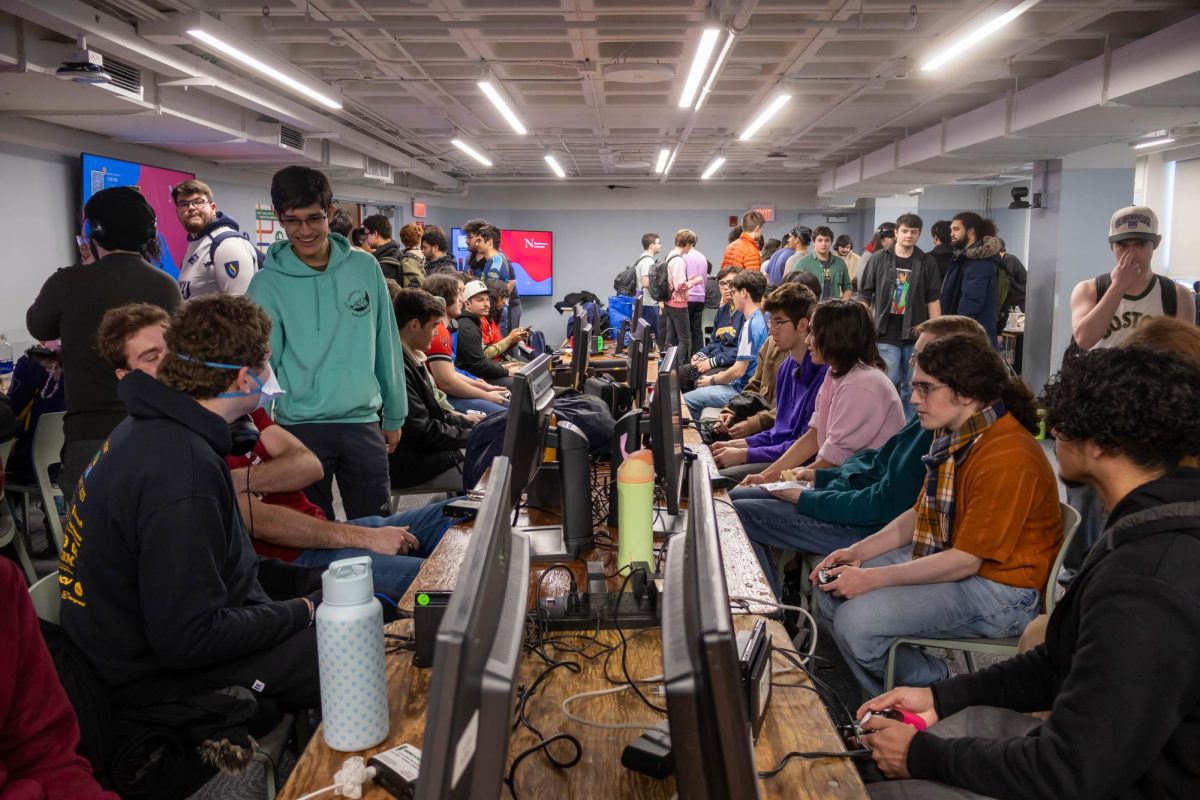By Veronica Schiebold
Last Monday, Senators John Kerry and Edward Kennedy announced the Northeastern’s Middle East studies program will receive an $85,000 grant from the Undergraduate International Studies and Foreign Language program.
The money will be used to enhance the program by funding new courses, study abroad opportunites and offering a Middle East studies major.
“The Undergraduate International Studies and Foreign Language program at the Department of Education is a competitive grant program to enhance primarily the international academic program of the institution,” said Amy Brundage of Kerry’s office
The program is funded by Congress, under the Higher Education Act of 1965. The amount distributed to single institutions ranges from $50,000 to $90,000, Brundage said.
Denis Sullivan, center director of the Middle East studies program, said in the first year the program will receive $85,000, the second year it will receive $90,000 and the third year it can ask for an extension.
The program is one of many within the U.S. Department of Education, Sullivan said, but it is the first time Northeastern has received money from this program.
However, this is not the first time the Middle East studies program has applied for the grant. The program wrote a proposal a few years ago that was rejected, Sullivan said. Only now, after revising the proposal, was it accepted.
Some of the new provisions include strengthening languages within the program, and providing more study abroad opportunities in the Middle East.
Junior Elizabeth Manniel, a political science and international affairs major, with a minor in Middle East studies said the funding will benefit the Northeastern community.
Manniel said the Middle East is an important region that needs to be studied.
“The problems in the Middle East will not simply disappear overnight and it is an issue that my generation is going to need to deal with, hopefully more successfully than the current administration,” she said.
Several changes will occur as a result of this new funding. The most notable being that Middle East studies will no longer be offered only as a minor, but it will be offered as a major. The major will focus on languages like Arabic and Hebrew, Sullivan said, though he hopes more will be introduced over time.
Junior Yolanda James, a junior political science major, with a minor in Middle East studies, said she is interested in pursuing a major in the program.
As a result of the expansion, several new classes will be offered.
Sullivan said three courses will be introduced over the next two years. Three of these classes are being developed right away.
“What the school had before, a couple of classes that were offered whenever the mood struck the registrar and one awesome Arabic teacher, Safaa Shaheen, are not enough to do justice” to the culture and the region, she said.
Starting in the fall, Introduction to the Middle East will be part of the university core. This class will introduce students to history, politics and culture of the Middle East. In addition, there will be a new class on Arabic culture and a Jewish studies program.
The money will also be used to help promote faculty development.
Faculty members will be encouraged to visit the Middle East, they will also be able to run programs there. Grants will be set up for faculty to do work in the region, Sullivan said.
“Students will see that we will expand our dialogue. We will add Morocco, Lebanon, Syria and the Arab gulf states,” Sullivan said.
There will also be more opportunities for students to go abroad.
Increases in guest speakers and visiting scholars can be expected as well, Sullivan said. These on- campus seminars will bring in speakers from Israel, Lebanon, Egypt, and other countries in the region.
“When the center brings speakers to NU, many students attend. I think the grant will allow the center to keep bringing these great guests to our university,” said Edwin Luis Figueroa, a junior international affairs and economics major with a Middle East studies minor.
Sullivan said he hopes the new funding can be used to “promote greater understanding of the Middle East on campus and in greater Boston.”









